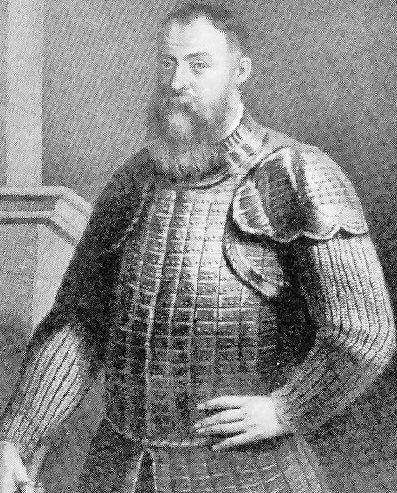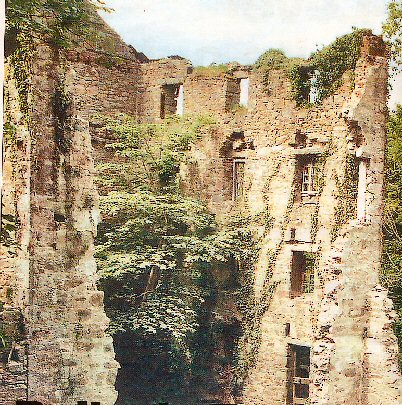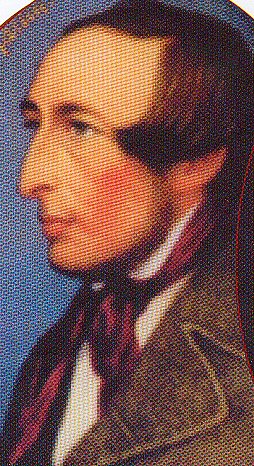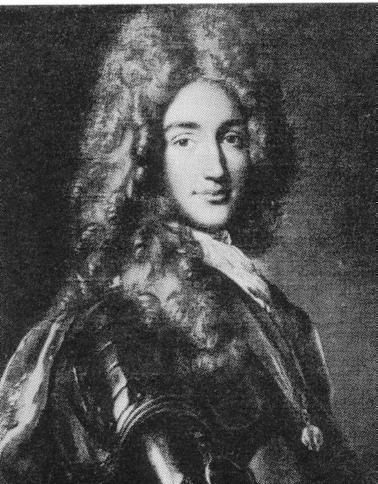By May 1595 – almost two years into what would become known in Irish history as the Nine Years War – the relief of the Monaghan garrison had become crucial for the Crown forces.
Pre 1800
Captain Bodley’s Journey
A diary entry of a certain English Captain Bodley gives evidence of the reduced state of the country in 1603.
Horror in Newry : 1600
Fynes Moryson, secretary to Lord Mountjoy who savagely laid waste to the country of Ireland at the turn of the seventeenth century to defeat the ‘rebels’, was described as a ‘bookish man’ and was a learned fellow of Oxford – as was his master.
Reaction to Ballyholland Massacre
Even fellow military men recoiled in horror at the unprovoked massacre at Ballyholland in 1797. Some felt it contributed to the popularity of the United men in an area that had till then been peaceable and uninvolved.
David Warden
David Bailie Warden was born into a farming community on the Ards Peninsula in 1772.
Newry seized in 1641
The iniquitous Plantation consequent upon the defeat of Gaelic Ireland and the seizure of the lands of the Gaelic Chiefs (of many of those who remained as well as of those who fled with Hugh O’Neill) affected Newry and Mourne in a unique way.
“Last Conquest” ?
Some short time ago we concluded our account of the sixteenth century history of Newry and of the Bagenals’ role in it in particular. Before we enter the fateful seventeenth century, we should perhaps reflect again on the results of ‘The Last Conquest of Ireland’ in the words of our own John Mitchel.
Desmond Rebellions
What is erroneously referred to in English history as the Desmond Rebellions occurred in (first) 1569-1573 and (second) 1579-1583 in Munster.
More savage English repression
The Earl of Essex came to
Among those in
This thing the
The following year Essex returned to
He ‘pacified’ the Pale (put his enemies, the Irish, to fire and sword) and moved northwards on 5th October with 200 horsemen and 400 foot soldiers.
Perhaps the friendship mentioned above coloured his view of Bagenal’s estates, as he wrote …
‘I found soche good pollecye and order in the countrie where the Marshall dwelleth, his Landes so well manured, his Tenants so cherished and maintained, the town so well planted with inhabitants, and increased in bewtye and building, as he is much to be commended as well, that he useth his tenants to lyve so welthilye under hym, as his own bountie and large hospitallite and housekepings so able and willinge to geve entertainment to so maney and chiefely, to all those that have occasion to travel to or froe Northwards, his house lyeing in the open highway to their passage’.
The above words are often quoted in Bagenal’s favour.
The present writer remains most sceptical, especially since Bagenal had point-blank refused the Privy Council’s entreaties the previous year for hospitality on behalf of the former Deputy!
One example, the repression of the ‘Desmond Rebellions’ follows …
… more Desmond Rebellions ….






